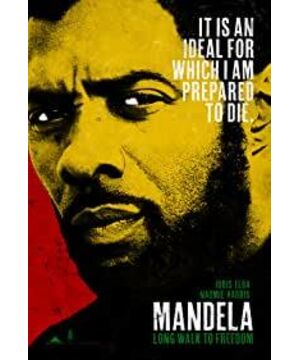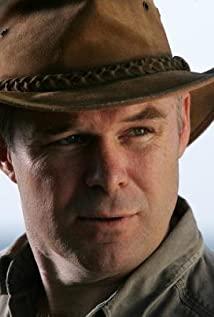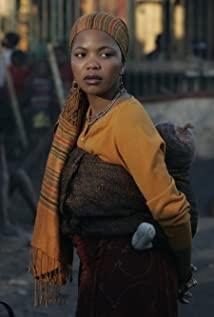"If blacks are in power, our country is finished, and so are we." Whites are willing to budge, but fear blacks' revenge. Mandela admitted frankly "I want revenge", but he is different from ordinary people in that "there is more important thing to do than revenge, that is to live away from fear and hatred." "Live well" is in the most fundamental and long-term interests of blacks and whites, and as a result of fear and hatred, no one can "live well". Mandela's rationality told him that white people are ferocious and injustice, arouse hatred and resistance of black people, and make themselves live in fear; if black people come to power and retaliate against white people, it will also arouse white people's hatred and resistance. When blacks and whites are just reversed, blacks will replace whites and live in fear. Mandela taught his grandchildren: White people treat us like that, but we can't learn from them. Black people cannot accept sharing power with whites, Mandela said firmly: "Then we have to make them accept it. We are their leaders. This is our duty." This fully reflects Mandela's vision and vision. Broad-minded. 27 years in prison made Mandela a great personality, he used "truth and reconciliation" to save South Africa.
The governance of a country, however, is both political and highly specialized technology. Mandela achieved racial reconciliation in South Africa, but failed to bring order and efficiency, prosperity and prosperity to the new South Africa. The road to freedom is long, and the road to construction and development of a new South Africa is equally long.
View more about Mandela: Long Walk to Freedom reviews











